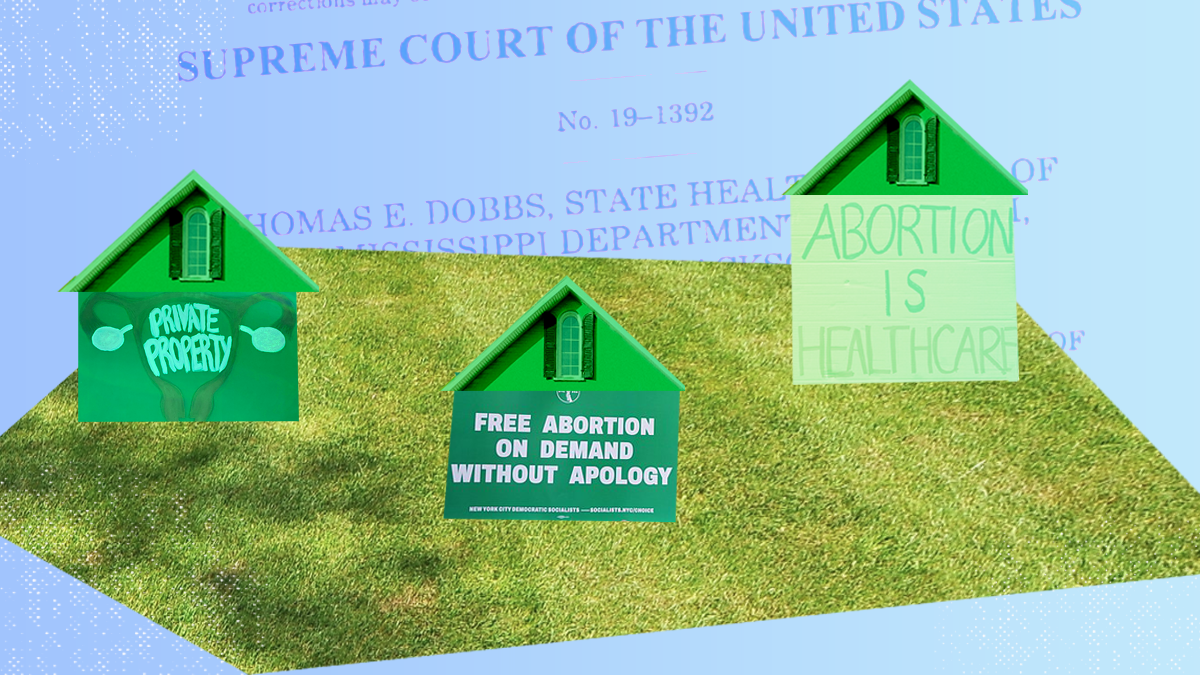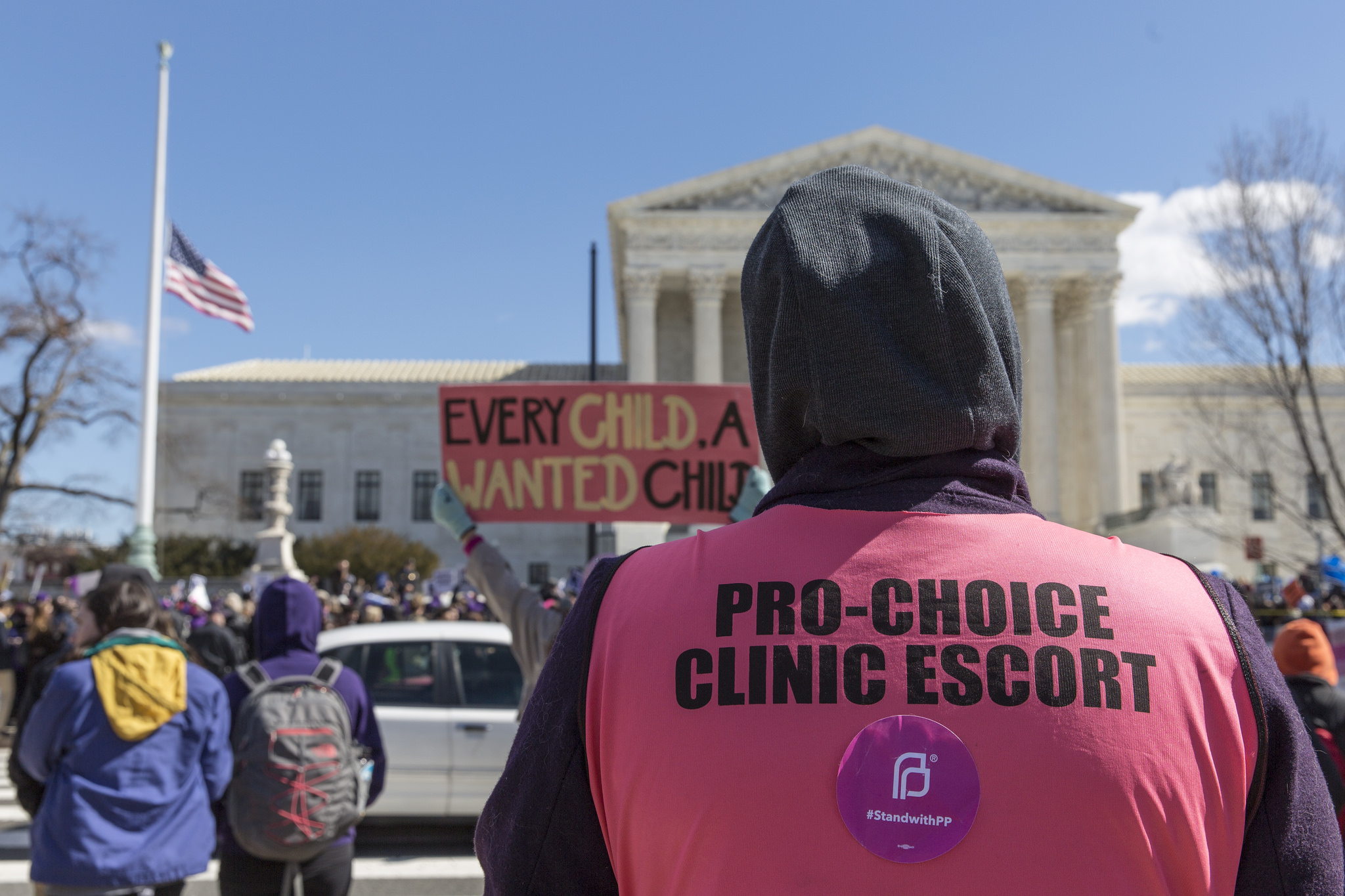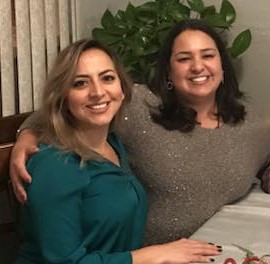All gifts, up to $10,000, TRIPLE-matched until June 30!
No One Should Have to Choose Between Getting an Abortion and Paying Their Rent

Abortion access has always been tied to housing justice.
For decades, being able to choose whether and when to become pregnant has positively affected a person’s economic security, and in turn, has improved their ability to secure a safe, accessible, affordable, and stable place to live.
But now, across the country, many no longer have any choice when it comes to their own bodies and pregnancies.
The Supreme Court has overturned our constitutional right to abortion. And the ensuing attacks on abortion access, amidst a nationwide housing crisis and skyrocketing rents, have severe consequences for Black, Latinx, and Indigenous people who are disproportionately impacted by housing insecurity and abortion bans.
Where you live—and how much it costs to live there—have always influenced your ability to access or afford abortion care.
And this year, rent has become even more unaffordable for millions of people, including people who can become pregnant.
Between July 2021 and July 2022, rent in the United States rose by 6.3%, the highest increase in 35 years. At this moment, someone would need to be paid $21.25 per hour to afford a one-bedroom rental home, or $25.82 per hour to afford a two bedroom. Housing in many states is even more expensive. Some states have minimum wages closer to $15 per hour, higher than the federal minimum wage of $7.25 per hour, but still not enough to make housing affordable. Unsurprisingly, the minimum wage is low in states that have eliminated or severely restricted abortion access.
For example, Alabama and Texas both use the federal minimum wage. In Alabama, where abortion has been wholly banned unless a pregnant patient’s life is in danger, a minimum wage worker would have to work 74 hours a week to afford a one-bedroom rental home. In Texas, where it’s now a felony to provide an abortion, the situation is even more outrageous—for that same type of rental home, a minimum wage worker would have to work 104 hours a week.
And if someone finds it difficult to pay rent, they may also find it difficult to afford abortion care.
Due to gender inequities in our society, women—particularly women facing intersecting forms of discrimination—are significantly more likely than men to not be paid enough to afford rent. This means that a pregnant person with limited economic resources may face an impossible decision: to pay for their abortion, and risk eviction, or to pay their rent, and be forced to continue their pregnancy.
Given that many will now have to travel for abortion care—another costly expense—this decision becomes even more challenging. And to add another layer of cruelty, the same states with a low minimum wage also do a terrible job of supporting pregnant people and families, leading in child poverty rates.
And then, to come full circle: criminal penalties related to abortion also jeopardize peoples’ access to housing.
Our nation’s history of sexist and racist housing policies already makes safe, accessible, and affordable housing harder to access for people of color, particularly those impacted by the criminal legal system. Many public and private rentals conduct a criminal background check on applicants, often disqualifying individuals with a criminal record. With Roe v. Wade overturned, people across the country, particularly people of color, face even harsher criminal penalties for their pregnancy outcomes—and even more barriers to accessing the housing they need.
Where you live. What you choose to do with your body and your future.
These are some of the most personal and important decisions we make in our lifetimes.
But now, with our country’s divestment from housing and the reversal of Roe v. Wade, we don’t have the power to make them.
We must protect everyone’s right to autonomy. Because everyone deserves to decide what their life will look like—entirely for themselves.
While we advocate for proactive policies to make housing and abortion available and affordable, know that abortion funds can provide financial assistance that directly covers the cost of abortion procedures, and in some cases, other costs, like travel to access abortion. You can check out the National Network of Abortion Funds, your local abortion fund, or call 1-800-772-9100 if you can’t afford your abortion out of pocket.




